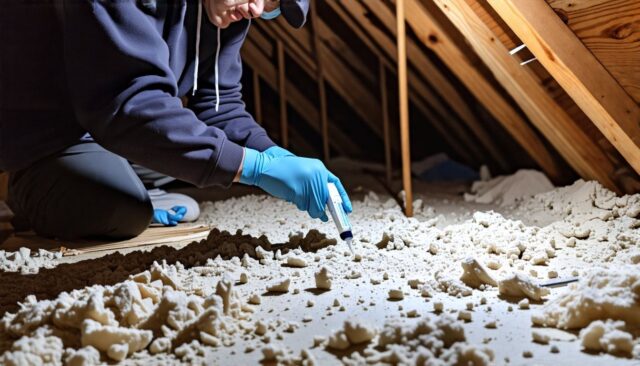
Testing for hazardous materials in your living environment is crucial, especially when dealing with substances known to pose significant health risks.
Asbestos testing kits, available for consumer use, promise convenience and cost savings. However, their reliability remains a topic of concern.
Do they genuinely offer a safe and effective way to detect dangerous fibers, or are professional services a better choice?
Key Points:
- Why testing for asbestos is essential for safety.
- How at-home testing kits operate.
- Advantages and drawbacks of at-home kits.
- Situations where professional testing is recommended.
- Long-term risks of inaccurate or incomplete testing.
Why Is Testing for Asbestos Crucial?
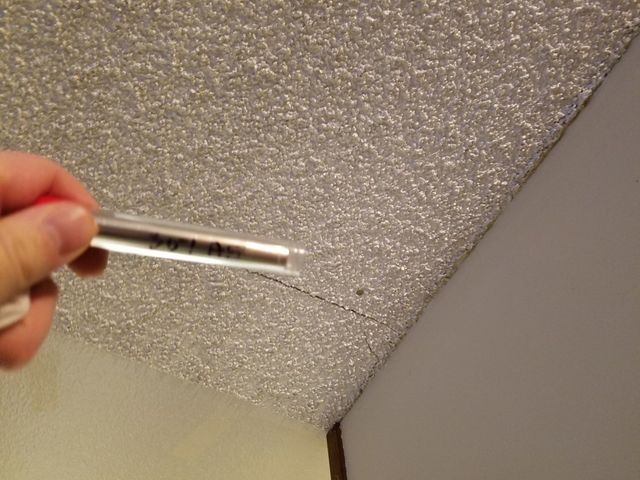
Asbestos exposure poses severe health hazards. Microscopic fibers can become airborne when materials containing asbestos deteriorate or are disturbed. Inhaling these fibers can lead to lung diseases, including mesothelioma and asbestosis.
This material was widely used in construction and insulation before regulations restricted its use. Buildings constructed before the late 1980s are especially likely to contain asbestos in various forms.
Understanding whether your environment contains this material is vital. Homeowners and business owners alike can benefit from reliable testing services. For accurate and comprehensive asbestos testing, consider professional services provided by Germ Masters Environmental.
How At-Home Asbestos Testing Kits Work
Testing kits for asbestos typically include tools for sample collection and instructions for sending the sample to a certified laboratory. A standard kit provides gloves, a mask, a sample container, and detailed guidelines. The process involves identifying suspect materials, collecting a sample carefully, sealing it, and mailing it for analysis.
The simplicity of this method appeals to those seeking quick answers. However, handling hazardous materials without proper expertise carries risks. Errors in collection can result in exposure to dangerous fibers, making proper use of the kit essential.
Benefits of At-Home Kits
Convenience is one of the primary benefits of at-home kits. They allow individuals to test materials on their schedule without waiting for appointments. Kits are also cost-effective, with most priced between $30 and $100. Many include expedited lab analysis, which can provide results in as little as two to three days.
For those confident in following instructions precisely, these kits offer an initial assessment of potential hazards. They can be particularly useful for isolated areas of concern or small-scale investigations.
Drawbacks of At-Home Testing
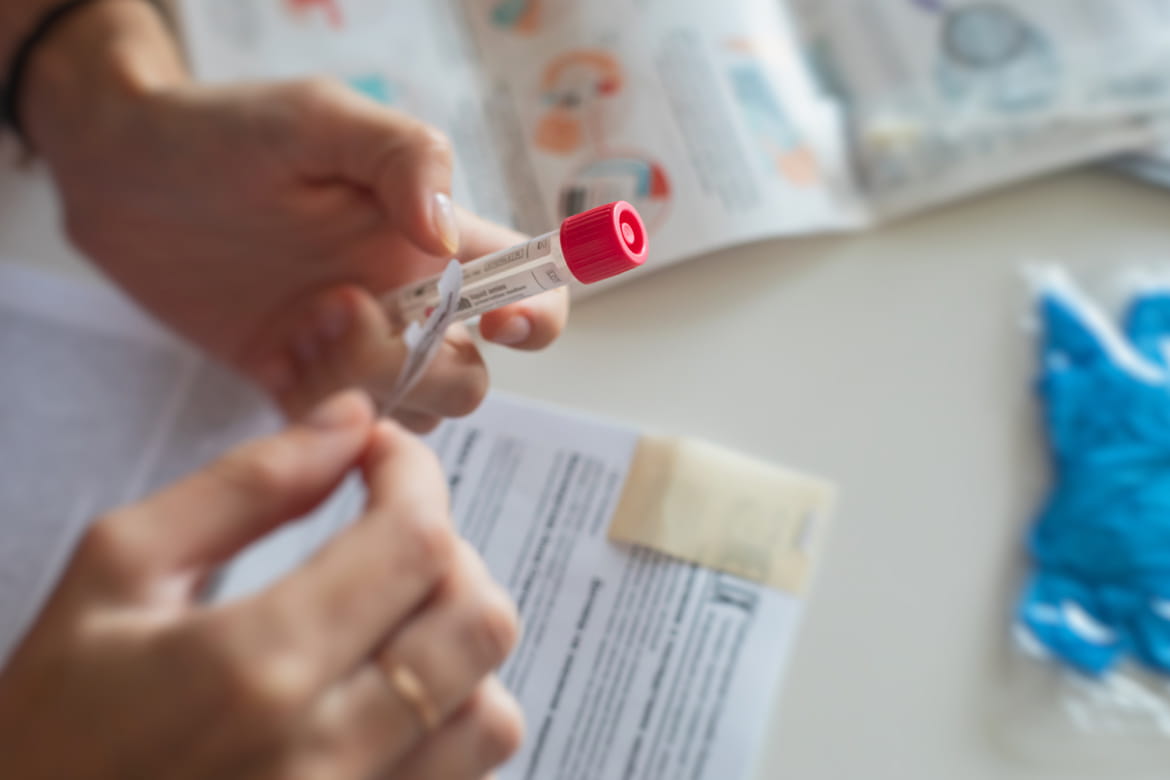
The reliability of at-home kits is often questioned due to the risks involved in sample collection. Without professional training, users may mishandle materials, causing fibers to spread.
The accuracy of results depends entirely on the quality of the sample sent to the lab. If the sample does not represent the material adequately or becomes contaminated, the analysis may be inconclusive or inaccurate.
At-home kits also lack the thoroughness of professional inspections. Professionals use specialized tools and techniques to assess areas that may not be accessible to untrained individuals.
When to Call a Professional
Professional services are recommended for situations where accuracy and safety are paramount. Experts are trained to handle hazardous materials without causing further contamination. They also use advanced equipment to detect asbestos in areas not easily accessible.
For extensive testing or when planning renovations in older structures, professional evaluations are essential. Professionals can also advise on appropriate removal methods if asbestos is found. Relying on expert services ensures that risks are minimized, and the correct procedures are followed.
Steps to Reduce Exposure During Testing
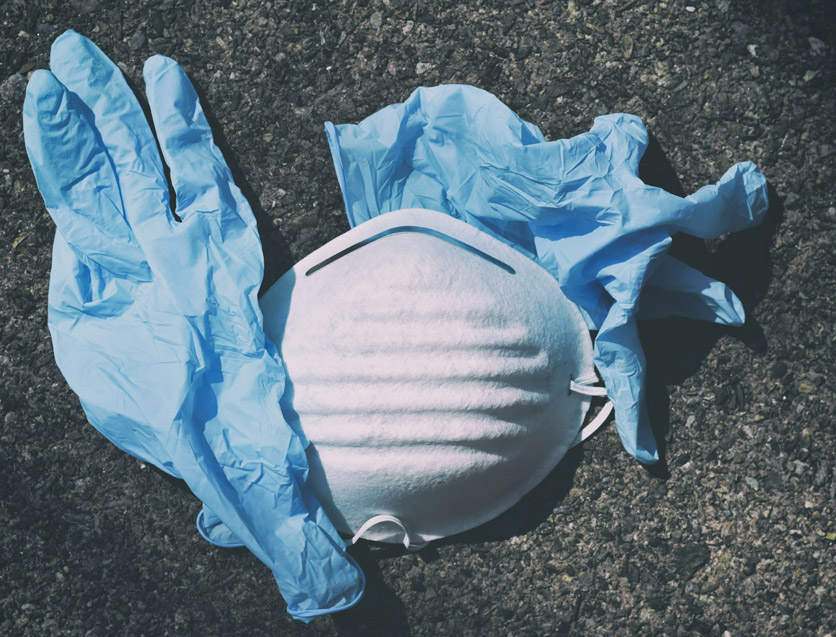
If you choose to use an at-home kit, precautions must be taken to avoid exposure.
- Wear protective gear, including gloves and an N95 mask.
- Avoid disturbing the material excessively during sample collection.
- Wet the material lightly to prevent fibers from becoming airborne.
- Seal the testing area to limit contamination risks.
- Follow all instructions in the kit carefully to ensure accuracy and safety.
Evaluating the Costs of Testing
At-home kits are more affordable than professional services, but they may not always provide the best value. Kits typically cost between $30 and $100, depending on features. Professional services, while more expensive, range from $300 to $800 for inspections and may include removal recommendations.
For smaller projects or initial assessments, kits can be a budget-friendly option. However, larger or more complex issues require the precision and reliability of professional services.
The Importance of Lab Accreditation
The reliability of test results depends heavily on the quality of the laboratory analyzing the sample. Accredited labs follow strict procedures to ensure accurate detection of asbestos fibers. Look for certifications like those provided by the National Voluntary Laboratory Accreditation Program (NVLAP). Accredited labs offer detailed reports, explaining findings clearly and recommending next steps.
Choosing a kit that partners with a reputable lab enhances the reliability of the testing process and ensures you receive actionable results.
Long-Term Risks of Improper Testing
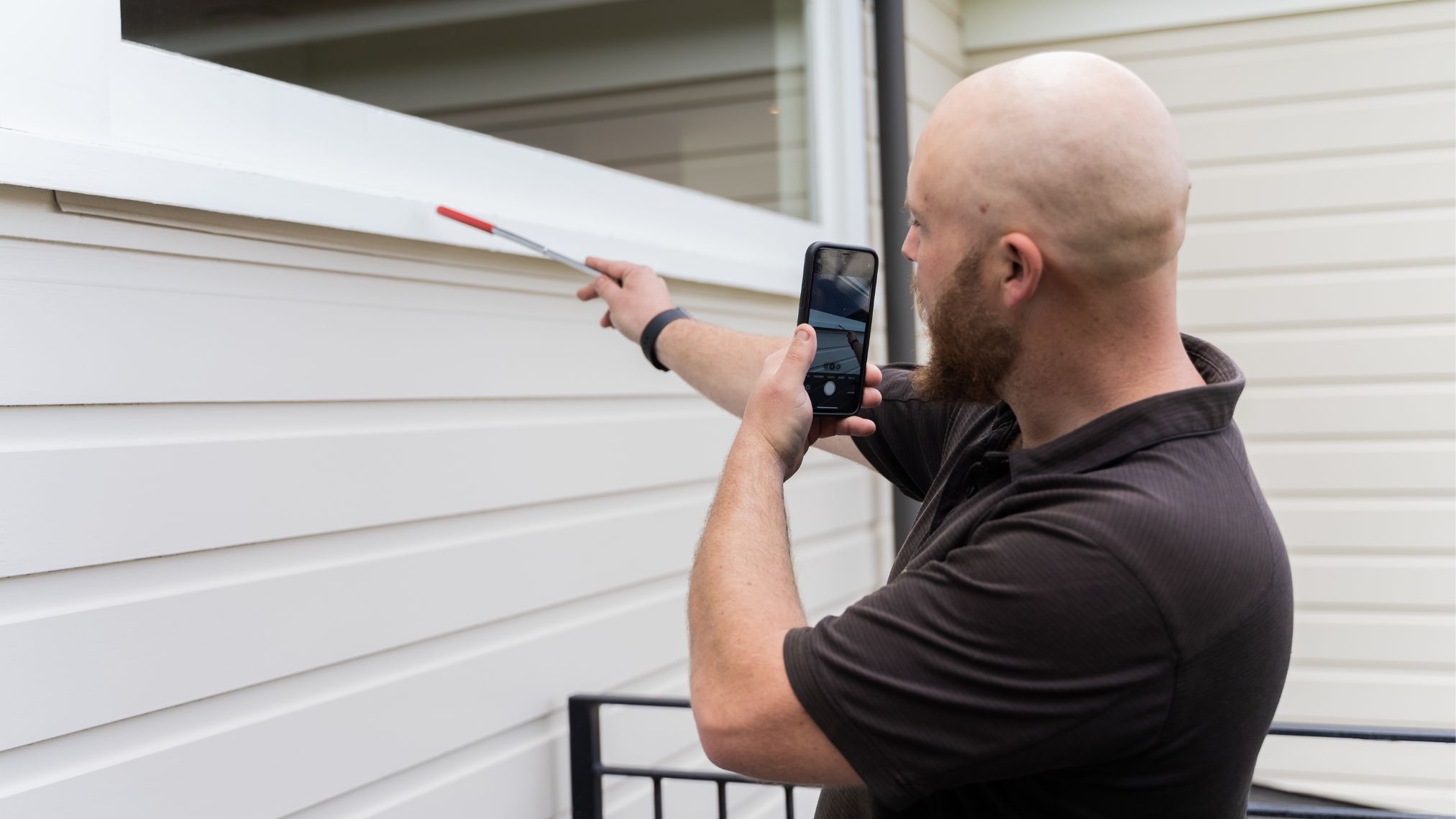
Incomplete or inaccurate testing can have severe consequences. If hazardous materials remain undetected, fibers may be released over time, posing health risks to anyone exposed. Diseases associated with asbestos often develop years after initial exposure, making early detection crucial.
Relying solely on at-home kits without professional confirmation may leave gaps in your assessment. Investing in accurate testing today can prevent serious health and financial consequences in the future.
How to Choose the Right At-Home Kit
Selecting the right kit involves more than just price comparison. Look for kits that include clear instructions, high-quality safety gear, and reliable lab partnerships. Reviews from trusted sources can provide insight into the reliability of different options.
Kits offering expedited lab analysis and comprehensive reporting are worth considering for faster results.
Additionally, verify that the lab is certified to handle asbestos samples. Partnering with a reputable provider ensures the accuracy of your results.
Regulations Impacting Asbestos Testing
Regulations concerning asbestos vary by location, but many require testing before renovations or demolitions in older structures. Failure to comply with these rules can lead to legal penalties and increased health risks.
Professional services often include assistance with navigating local regulations, ensuring compliance and safety.
Homeowners and business owners should familiarize themselves with these requirements to avoid unnecessary complications.
FAQs
- Can I use an at-home kit for large projects?
No. Larger projects require comprehensive evaluations by trained professionals.
- How do I know if my building is at risk?
Structures built before 1990 are more likely to contain hazardous materials.
- Are professional services required after using a kit?
Yes, if the kit detects asbestos or if further confirmation is needed.
- What happens if the material is undisturbed?
Undisturbed asbestos is less likely to release fibers. Professionals may recommend leaving it intact.
- Are there any signs of contamination after testing?
Dust or debris in the testing area may indicate improper handling. Ensure thorough cleaning after testing.
Final Thoughts
Testing for asbestos is a critical step in ensuring a safe environment. While at-home kits provide a convenient and cost-effective option, their reliability depends on proper usage and the quality of the lab analysis. Professional services offer a higher level of accuracy and safety, making them the preferred choice for larger or more complex concerns.
Investing in reliable testing safeguards your health and prevents long-term risks. Whether through a well-chosen kit or professional evaluation, take the necessary steps to protect your living and working spaces.






